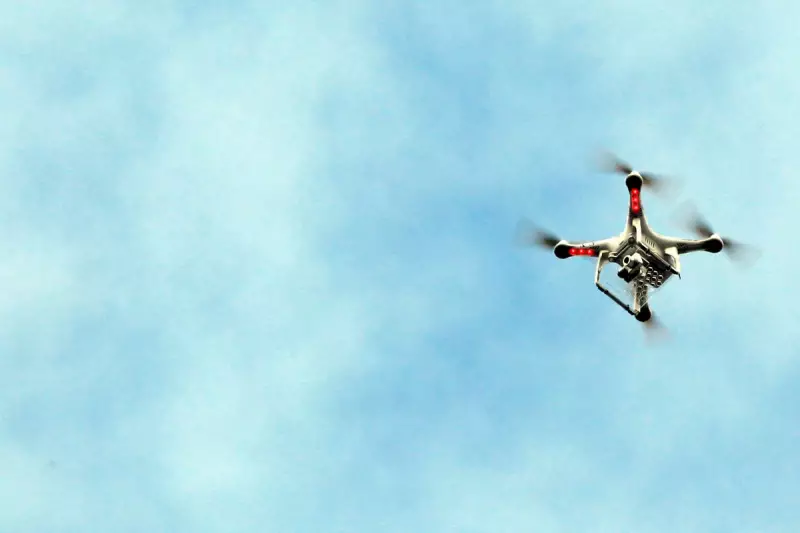
In a revolutionary move that could transform emergency cardiac care, the NHS is set to deploy a fleet of defibrillator-carrying drones to reach heart attack victims within crucial minutes. This cutting-edge initiative represents the most significant advancement in out-of-hospital cardiac arrest response in decades.
The automated drones, capable of flying at speeds up to 80km/h, will be stationed across the UK and activated when emergency services receive cardiac arrest calls. These unmanned aircraft can deliver vital defibrillator equipment directly to the scene, often arriving before paramedics can navigate traffic congestion.
Race Against Time: How Every Minute Counts
Medical experts emphasise the critical importance of rapid response in cardiac emergencies. For every minute without treatment, a person's chance of survival decreases by approximately 10%. The drone delivery system aims to slash response times dramatically, particularly in rural and hard-to-reach areas where traditional ambulance services face geographical challenges.
Professor Sir Stephen Powis, NHS national medical director, stated: "This innovative approach has the potential to transform how we respond to medical emergencies, particularly in remote locations where every second counts towards saving lives."
How the Life-Saving System Works
The operation follows a meticulously designed process:
- Emergency services receive a suspected cardiac arrest call
- The nearest drone station is automatically alerted
- A defibrillator is loaded onto the drone by trained staff
- The drone flies autonomously to the precise location using GPS coordinates
- Emergency call handlers guide bystanders through the equipment's use
The defibrillators are designed for public use with clear audio and visual instructions, making them accessible even to those without medical training.
National Rollout Following Successful Trials
The national implementation follows extensive trials that demonstrated remarkable effectiveness. Test runs showed drones consistently arriving at emergency scenes within three to six minutes – significantly faster than average ambulance response times in many regions.
Initial deployment will focus on areas with historically longer emergency response times, with plans to expand the service nationwide based on performance data and need.
This initiative forms part of the NHS's broader Long Term Plan to harness technology for improving patient outcomes and addressing healthcare inequalities across different regions of the United Kingdom.





